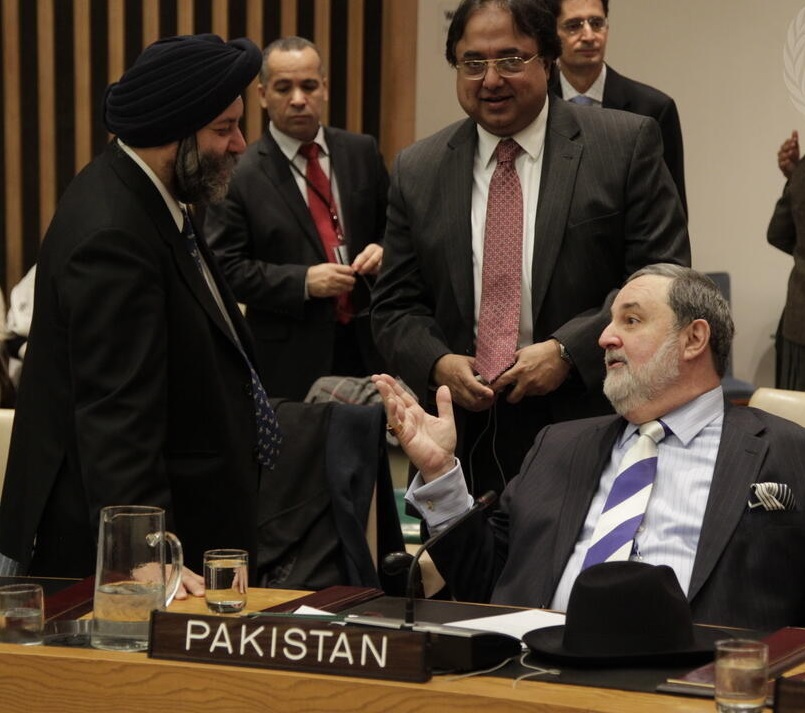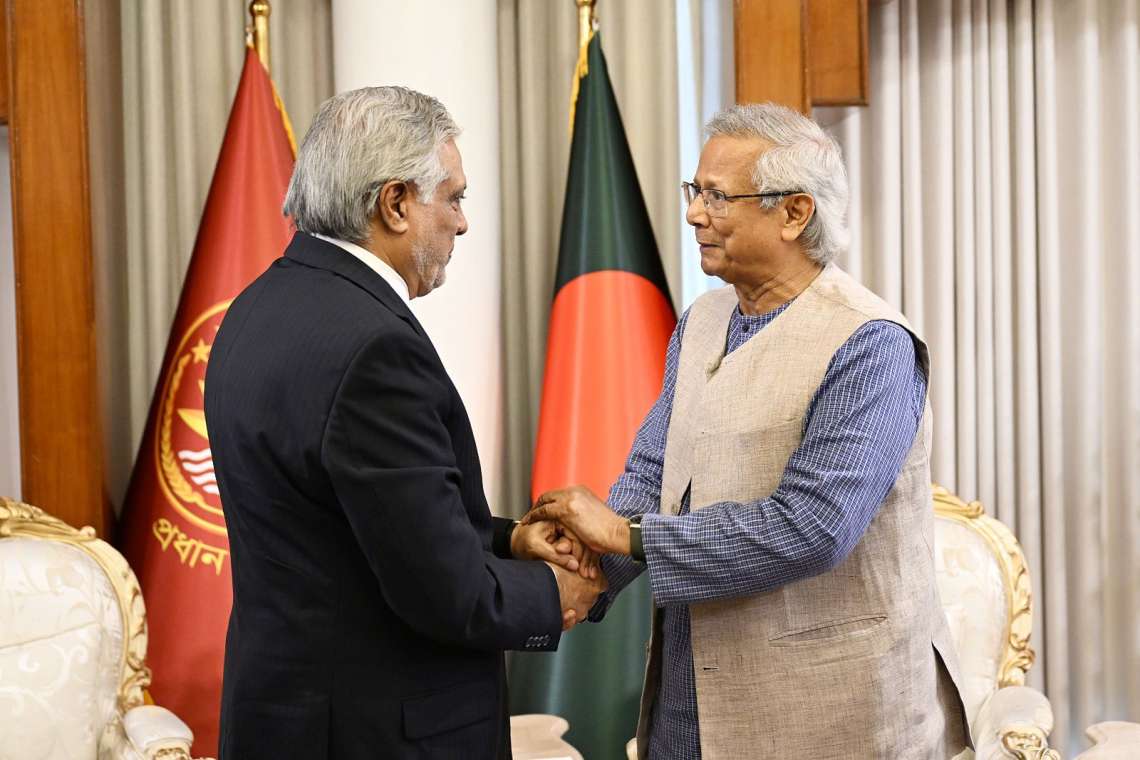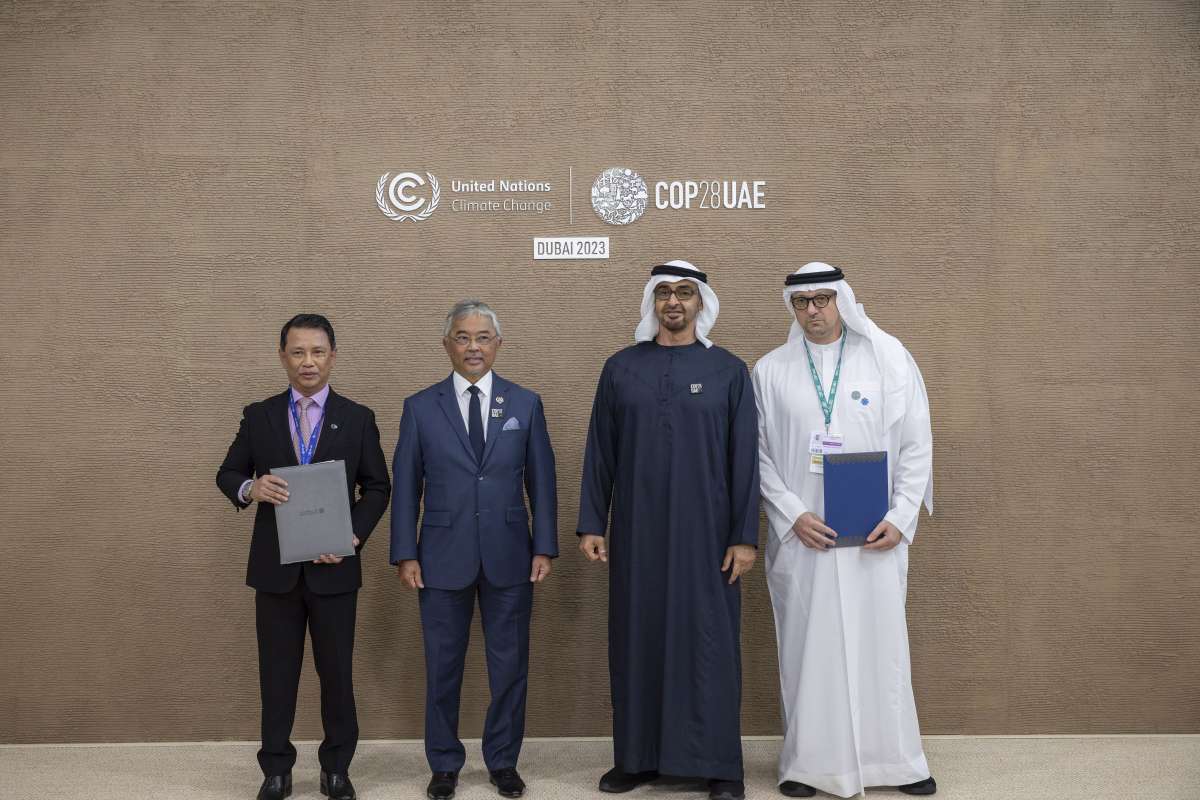If Pakistan is elected, it will be closely aligned with China, a counterbalance to South Korea, which will hold the other Asia seat till the end of 2025, reports Arul Louis
Pakistan, which has received the unanimous backing of the Asia Pacific Group, is most likely to be elected to the United Nations Security Council next year, giving it a virtual veto on sanctions against terrorists.
Even though it will not have veto powers on the decisions of the Council like the permanent members, the committee that imposes sanctions on terrorists functions by consensus and non-permanent members can also block its decisions.
If elected, Islamabad will not have to rely on China to protect Pakistan-based terrorists like Sajid Mir, the mastermind of the 26/11 Mumbai attacks, who was given a reprieve in June at the Al-Qaeda Sanctions Committee.
It will also have a seat on the Council’s Counter-Terrorism Committee.
If Pakistan is elected, it will be closely aligned with China, a counterbalance to South Korea, which will hold the other Asia seat till the end of 2025.
While about 50 national-level elections will sweep across the world next year, the UN will also have several elections to its bodies and the Council election held by the General Assembly will be closely watched.
Pakistan’s chances of election are strong because it has received the unanimous support of 53 electoral members of the Asia Pacific Group, including India, for the region’s seat that will be vacated by Japan at the end of 2024.
However, it is not a foregone conclusion because although Pakistan is the consensus candidate of the Asian Group, it will still need to get the votes of two-third of all the 193 members who will have the final say in the election that will be held in the middle of next year.
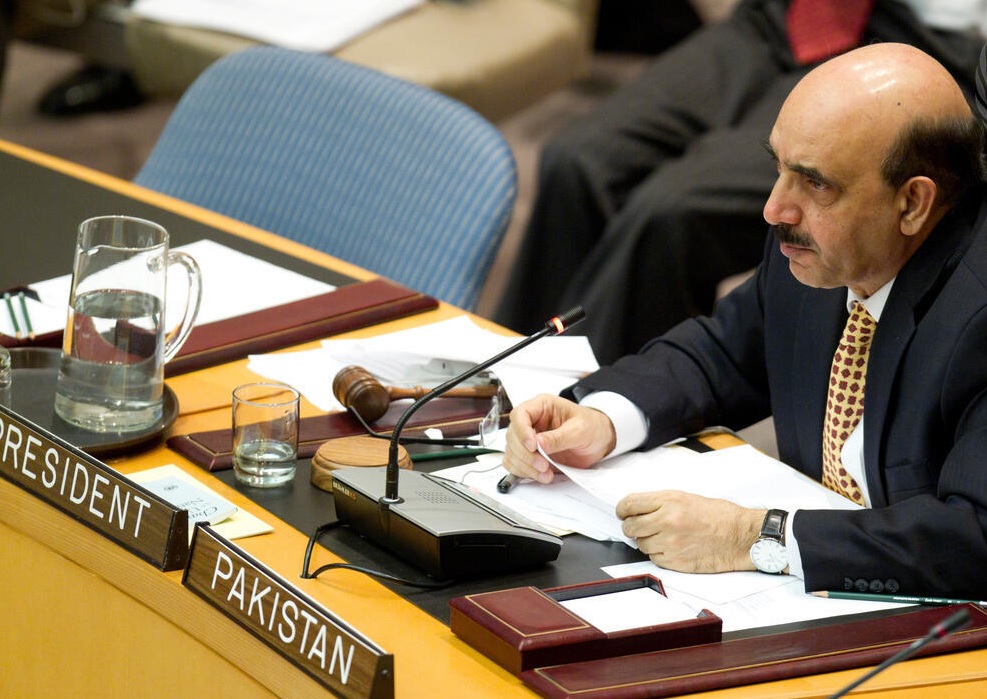
This opens the way for any others from the region to challenge Islamabad’s candidacy and this happened in the 2011 election, when Kyrgyzstan pitched its candidacy without the backing of the Asia Group.
The Central Asian country got 55 votes, paring Pakistan’s lead to 129 votes, just one over the 128 – or two-third – it needed to win the two-year term that began in 2012.
Fiji, which did not contest the election, received one vote, but announced that it was backing Pakistan.
According to a UN source who closely follows Council elections, the United States was behind Kyrgyzstan entering the race and standing firm despite entreaties from many Asian countries to back out.
Pakistan had announced its intent to seek its eighth term on the Council when India announced its candidacy for the 2020 election for the 2021-22 term.
India, which had the unanimous backing of the Asia Group, was elected with 184 votes.
Munir Akram, Pakistan’s Permanent Representative, engineered Islamabad’s diplomatic push to get the support of the Asia Group for the 2024 election.
The deal was sealed in June at a Group meeting where it was backed by about 20 countries as diverse as China, Saudi Arabia, Iran, Malaysia, the UAE, Lebanon and Singapore, according to reports.
If elected, Pakistan, which has used every opportunity at the UN to bring up Kashmir even on unrelated discussions, can be expected to keep harping on it on a platform that will give it more visibility.
Pakistan can be seen standing firmly with China, when the Council takes up the polarising issues of Palestine, Ukraine, North Korea and Syria, irking the Western countries.
On most of those issues, Beijing and Moscow also have common positions.
There will also be four other contests next year for non-permanent seats opening up in 2025: One each for Africa and Latin America/Caribbean groups and two for the Western European and Others Group.
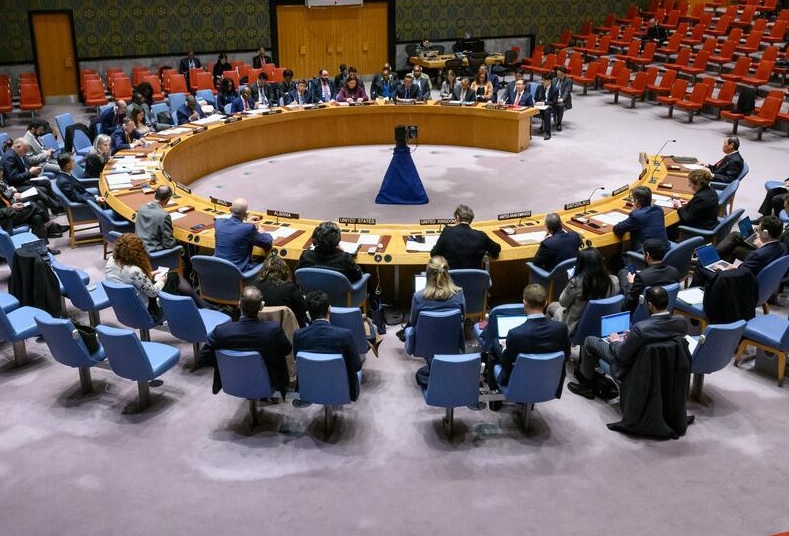
A contest is brewing for the Africa Group where Somalia and Mauritius have announced their candidatures.
Only Greece and Denmark are the candidates so far for the two Western Group vacancies.
Polls to the UN Human Rights Council will be closely watched next year when 18 of the 47 seats come up for election.
India will be completing its current term at the end of next year after serving two consecutive terms and the rules do not allow it to contest for a third term running.
India will also be ending its term on the UN Economic and Social Council (ECOSOC) at the end of 2024, but will be eligible to run for another term under its rules.
The office of the President of the General Assembly rotates by region and it will be Africa’s turn next year.
There won’t be an election next year for the International Court of Justice, better known as the World Court, but an election for six judges of the International Criminal Court will take place in December this year for terms starting in 2024. India will not be participating as it has not signed the court’s statute.
ALSO READ: Petitions Urge Election Delay in Pakistan Over Terror Threats


